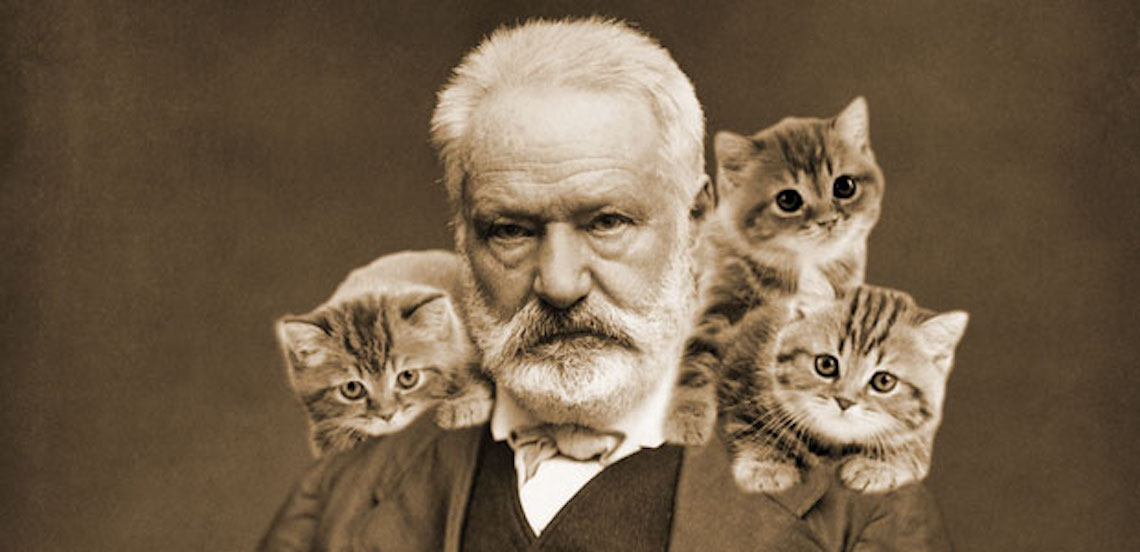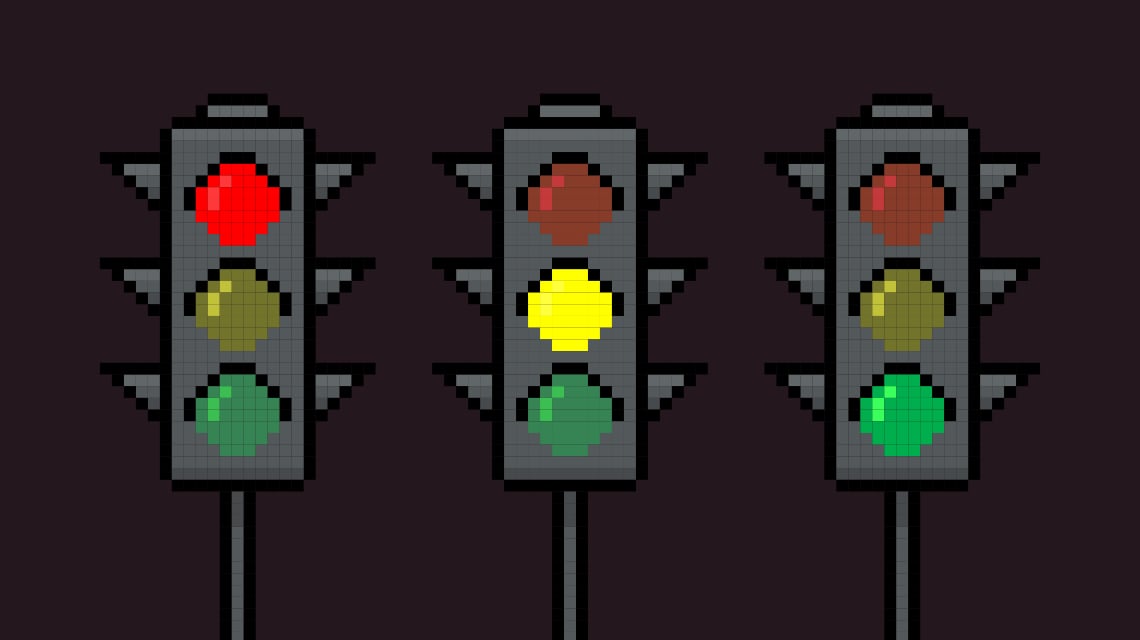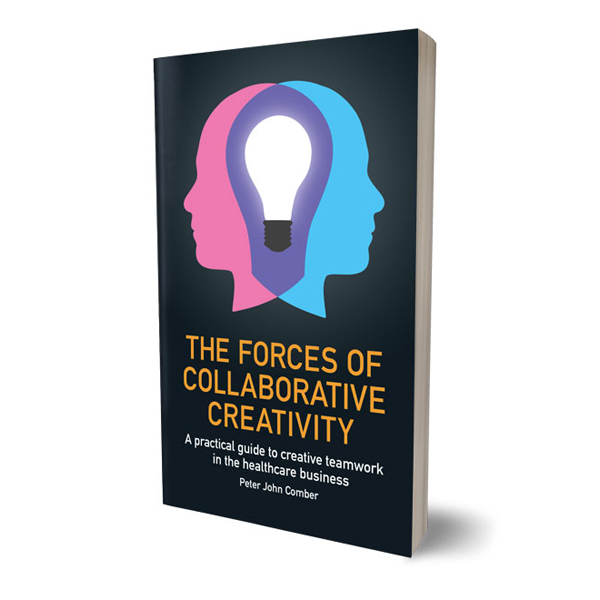Does Victor Hugo follow cute kitten memes?
Machine intelligence and behavioural data make a powerful yet ambiguous combination.
Victor Hugo, wrote fondly in his diary about his cats and despite the fact that he died in 1885 is still consuming kitten meme’s today. Probably.
Let me explain, by introducing Richard Boyd, the CEO of Tanjo, a company that makes commercial applications of AI. Using AI, Boyd has created a Victor Hugo persona, using all the available data - books, diaries, articles, etc (watch him explain it in this video, from minute 7). The Victor Hugo AI persona is free to roam the internet where it collects things it fancies and grades them. There are a lot of kitten memes on the internet and if the Victor Hugo AI persona has “cats” as a parameter and finds them on the internet it’s reasonable to presume that it “likes” them. This is potentially useful to brands because, if they want to sell something to Victor Hugo, they can quickly, and relatively cheaply, learn that a message using a cute kitten image is more effective than other alternatives.
In the video link above, Boyd explains TAP (Tanjo Animated Personas). They are AI simulated models of real human beings that can be queried to see how they'll respond to words, phrases and product concepts. Boyd also makes a point about traditional research being rather inaccurate about predicting behaviour. People lie, often to themselves. If, as it seems, TAPs are heavily based on behavioural data then they probably are more accurate than traditional interview research at reflecting actions and not intentions. Note my use of the word reflect. All collected data is a photograph of the past. It tells us what happened, it doesn’t necessarily tell us what is going to happen. It also, crucially, doesn’t tell us how people feel about what happened, yet Boyd calls his AI product a “Customer Empathy Engine”.
The following is a quote from AdAge writing about TAP, “The idea is to use the biggest data sets practical—including media consumption, purchase, census, housing or any other information available in companies' customer databases—on the broadest population to construct simulated but realistic individuals and households that can be exposed to endless messages or product ideas, without them ever getting bored or lying.” In humans there is, I believe, such a thing as “cute kitten saturation” and if you take away the ability to get bored and lie, then you take away a significant part of being human. Much of branding and advertising is based upon fantasy not truth, it relies on what people want to believe and what they want other people to believe about them. The truth can get in the way of that.
In the video, Boyd demonstrates that he understands this, while explaining why interviews with humans are flawed. He imagines asking a group of people if they prefer to watch the movie Lawrence of Arabia or Hot Tub Time Machine and he predicts the majority will respond Lawrence of Arabia. He then goes on to predict that, in the comfort and privacy of their own home, the majority will then actually watch Hot Tub Time Machine. He seems to suggest that the preference of movie actually viewed is better data because truthful - but, better for what? If a perfume brand tests the efficacy of two ad messages, one referencing Lawrence of Arabia and the other referencing Hot Tub Time Machine, are they better served by the responses of irrational, self-deceiving, aspirational humans or pragmatic, reality-based AI?
Will eliminating those pesky, irrational, dishonest humans make marketing an exact science? Maybe. Ultimately it will probably depend on which data you believe, because real people fabricate realities and interpret the world to conform to their beliefs and AI doesn’t. Also, real people make purchase decisions and AI doesn’t (for now).





